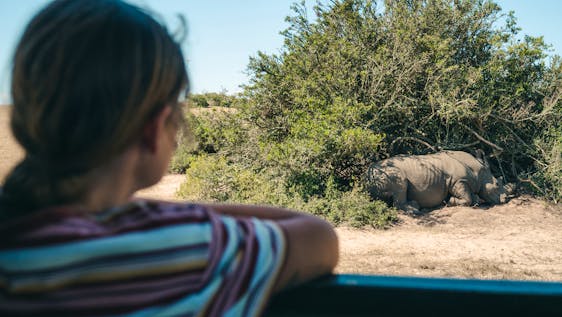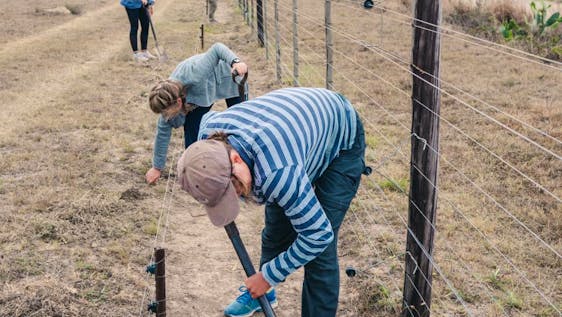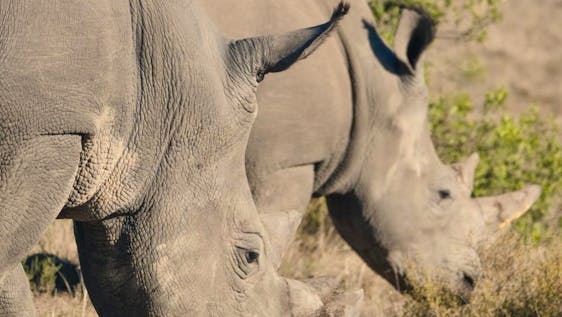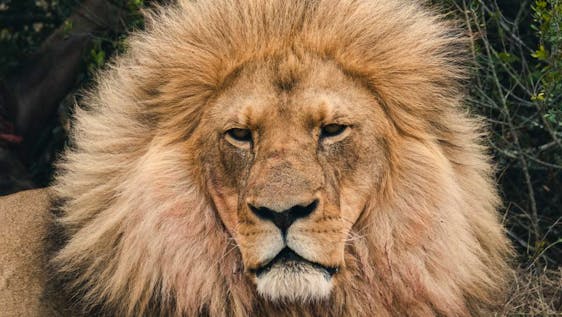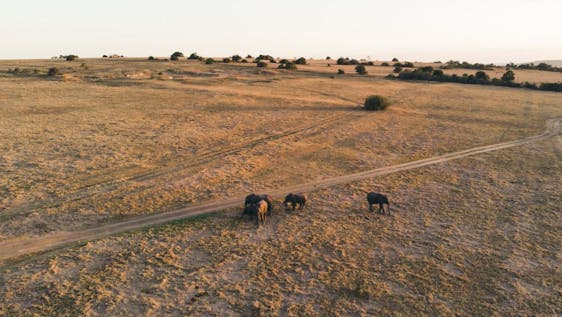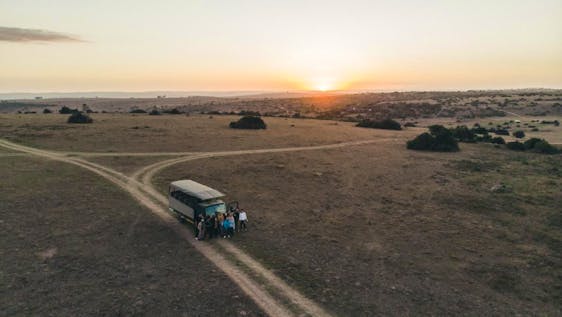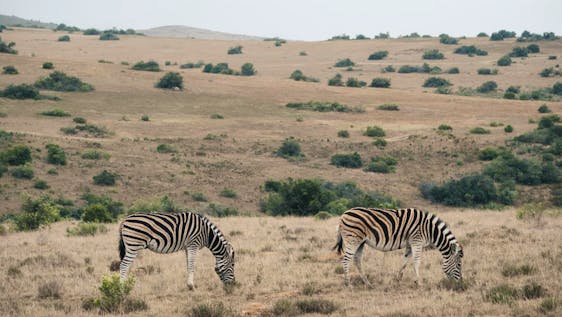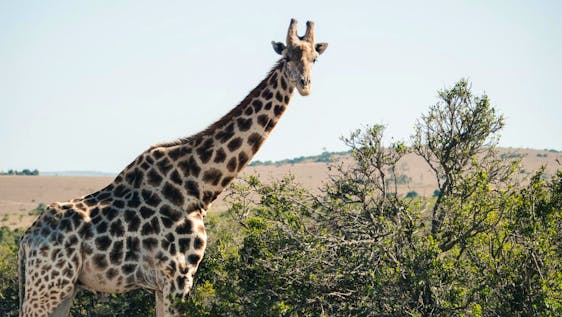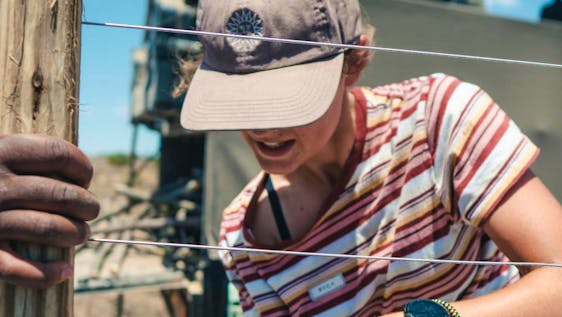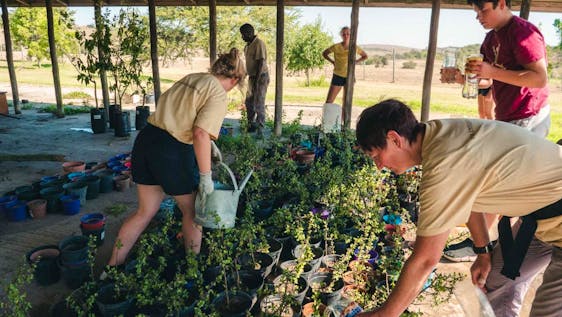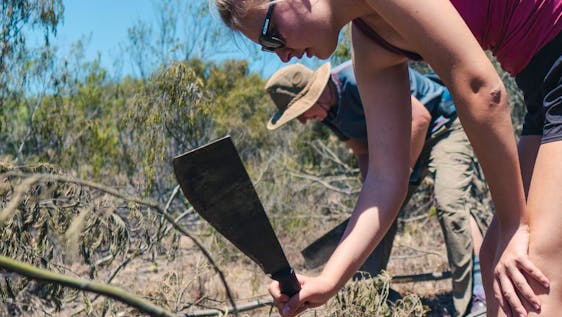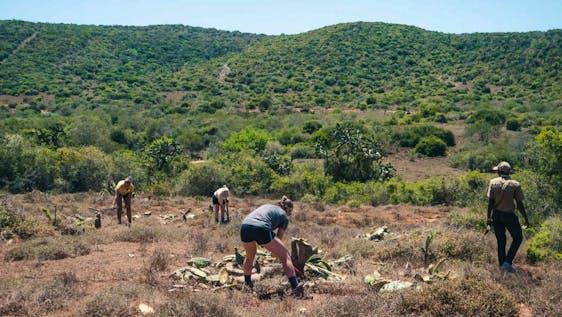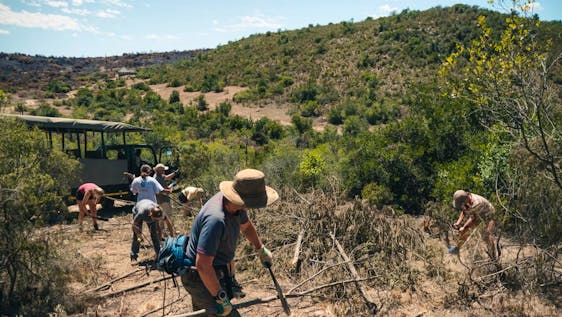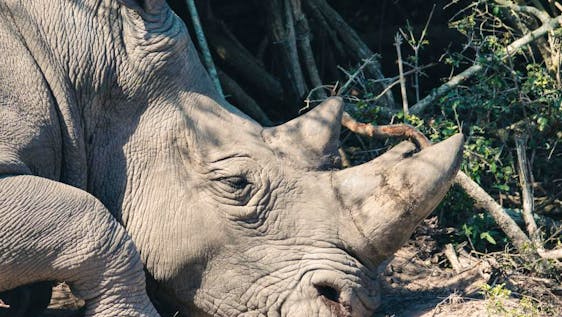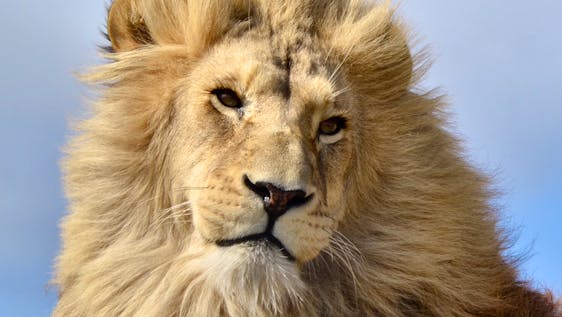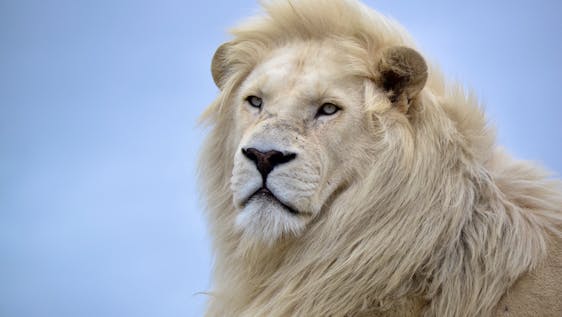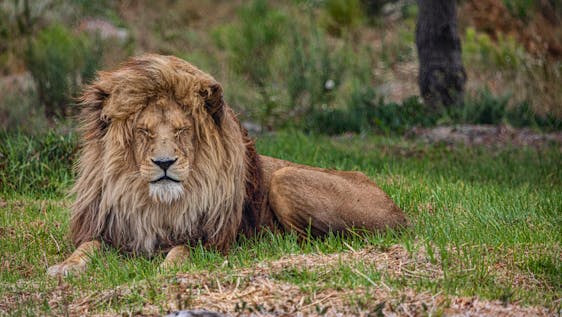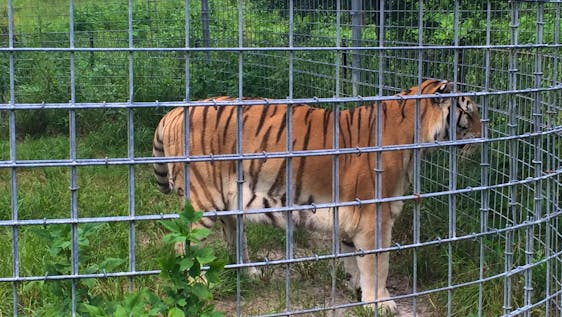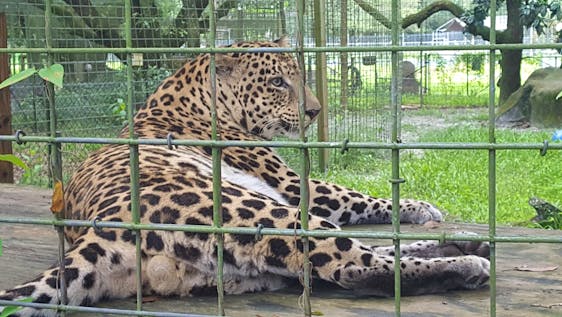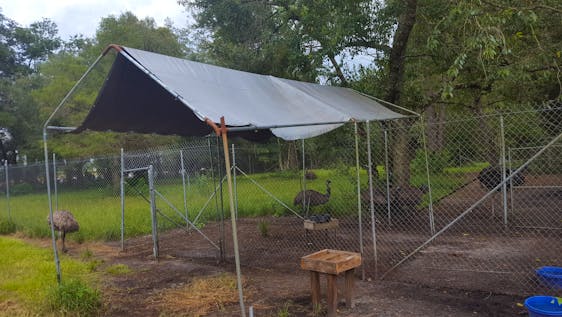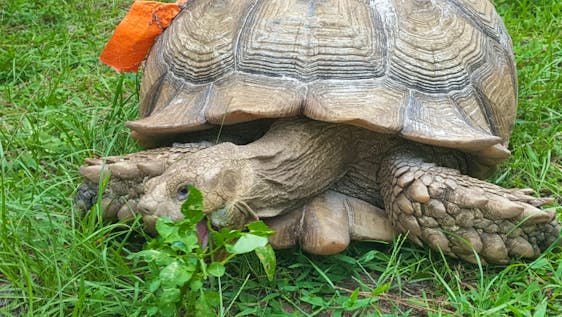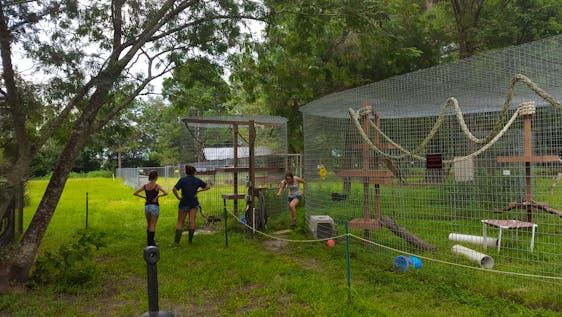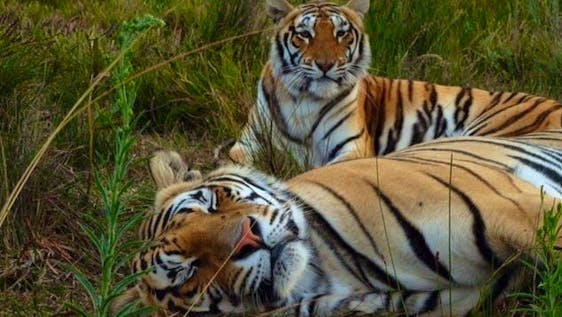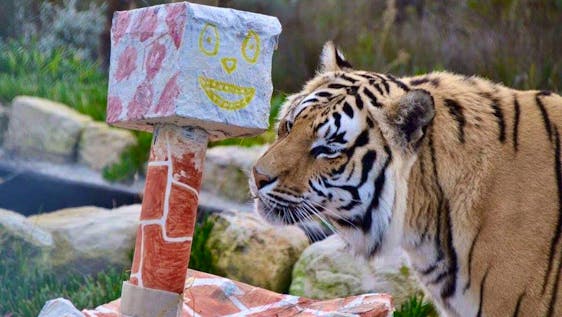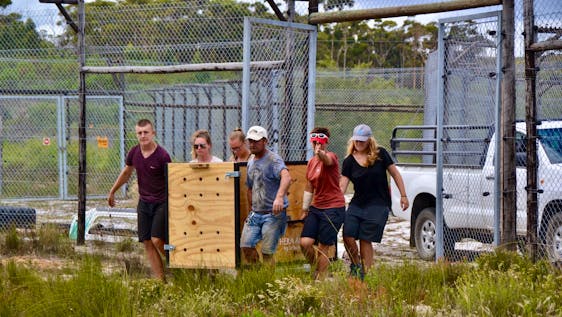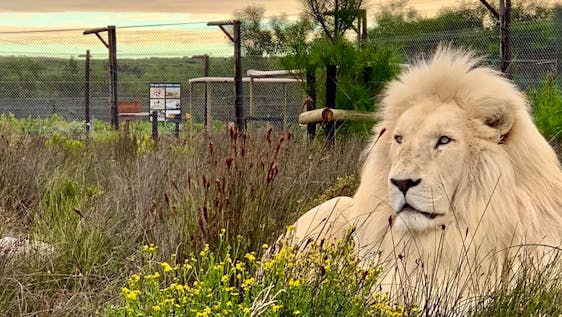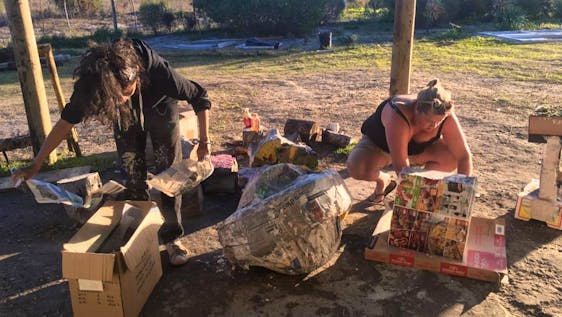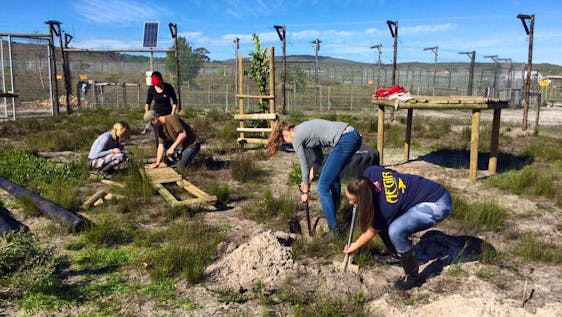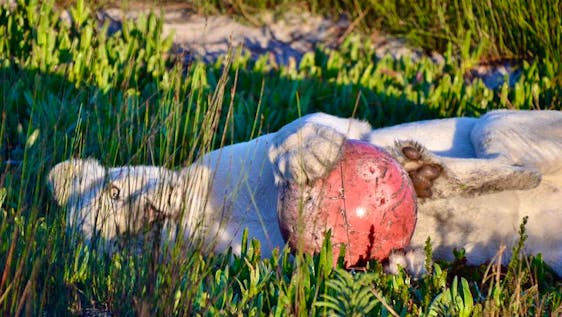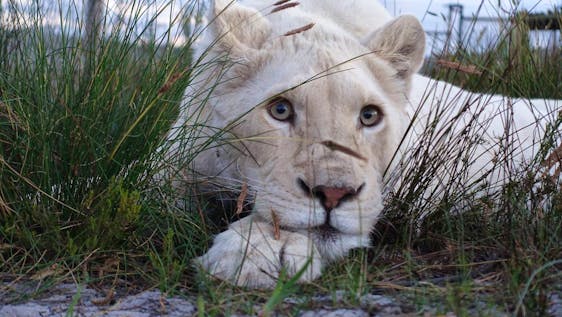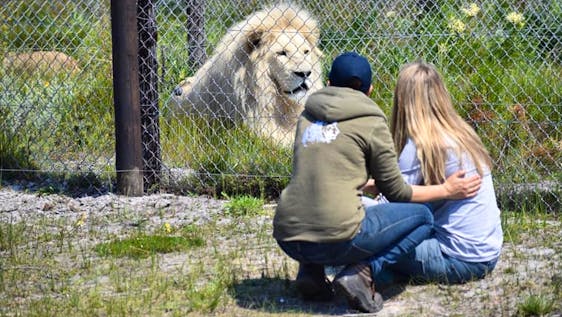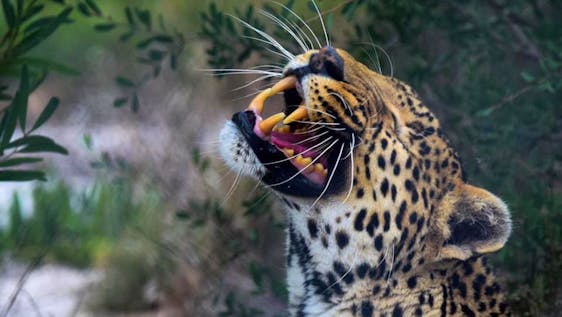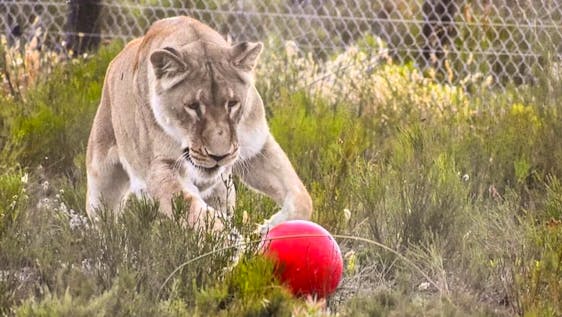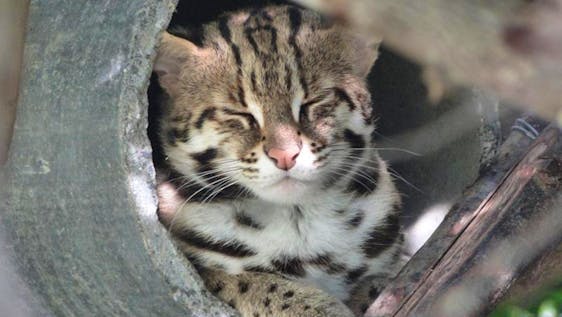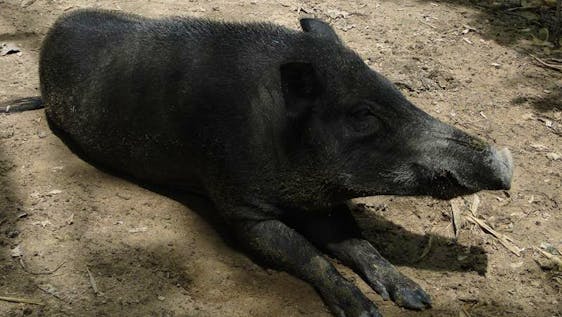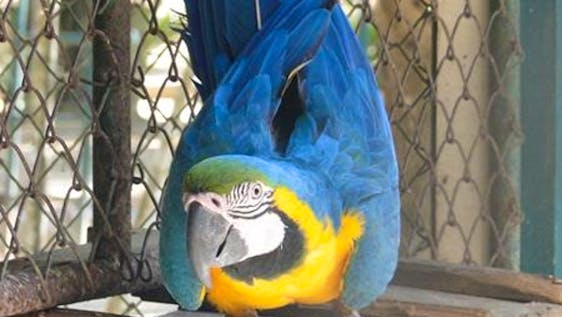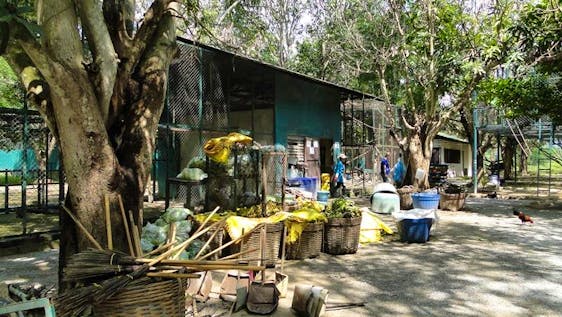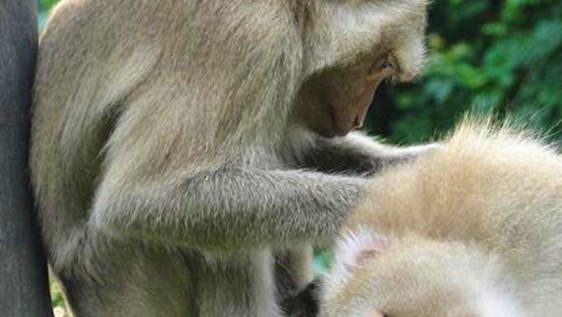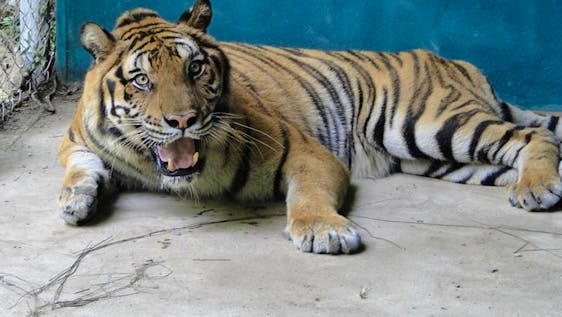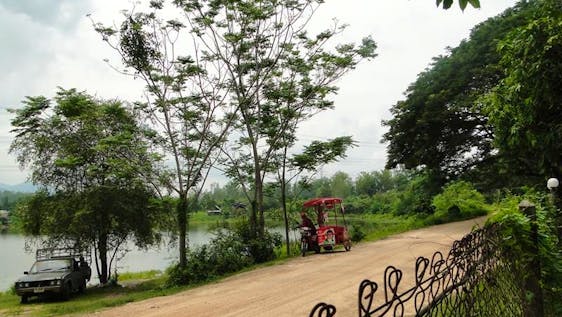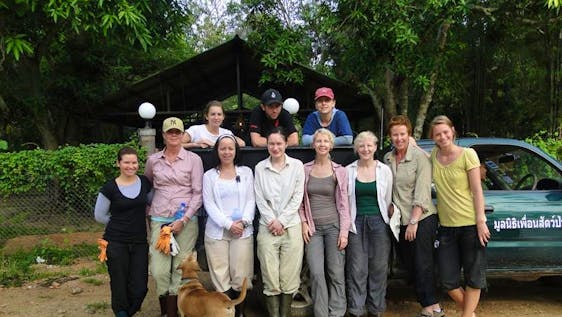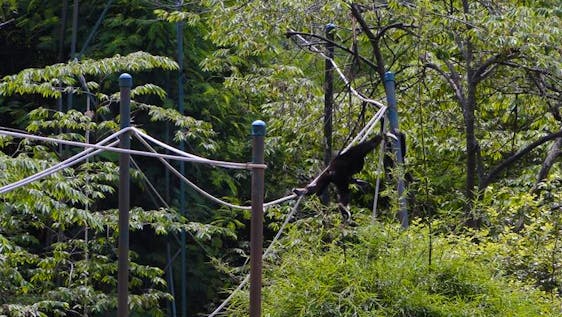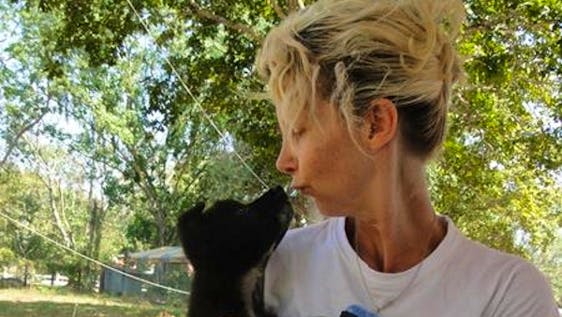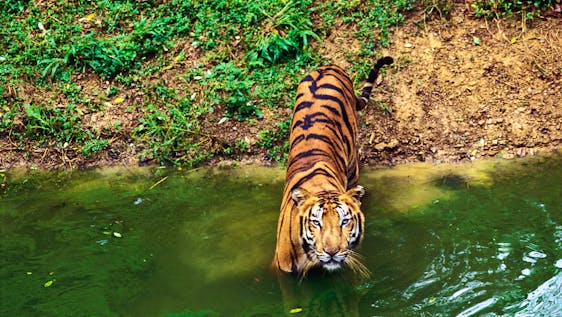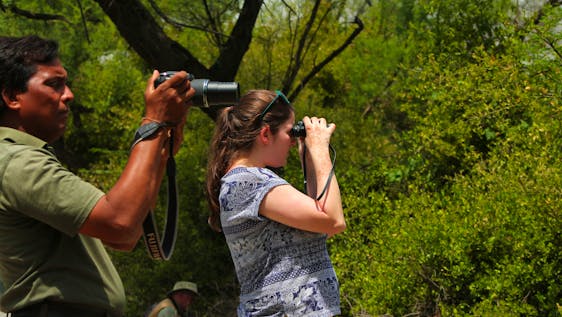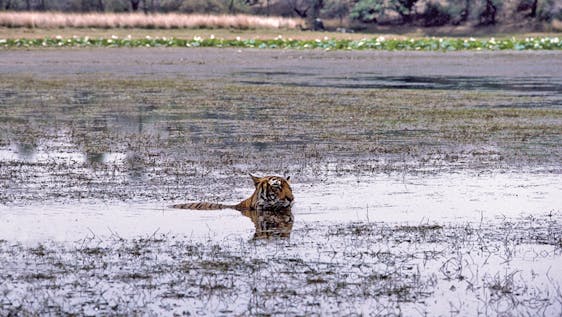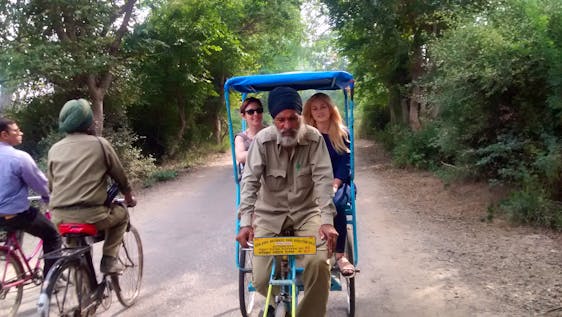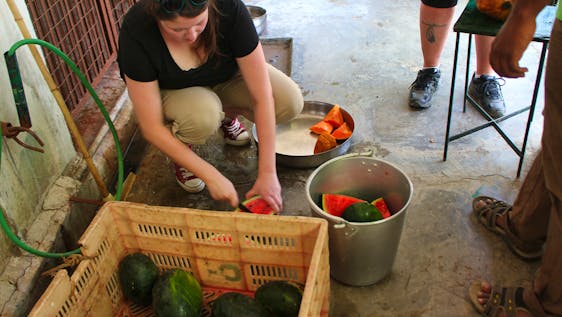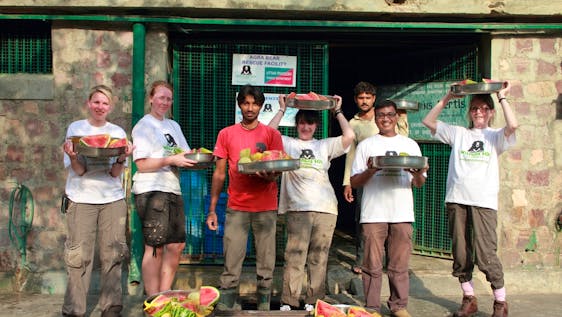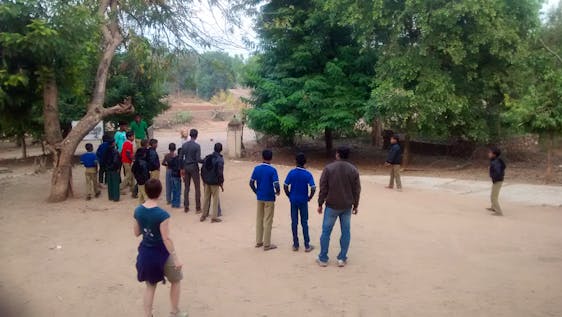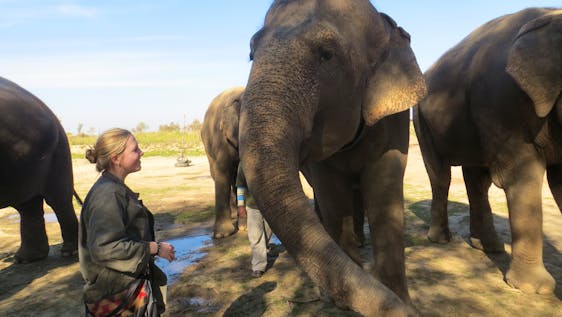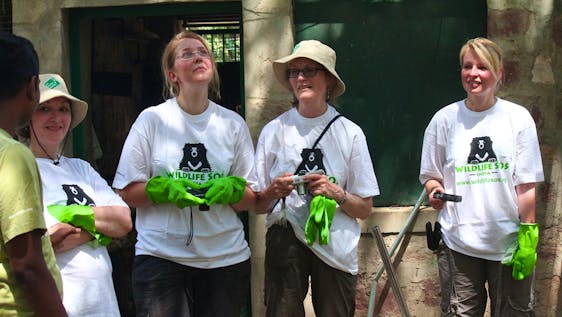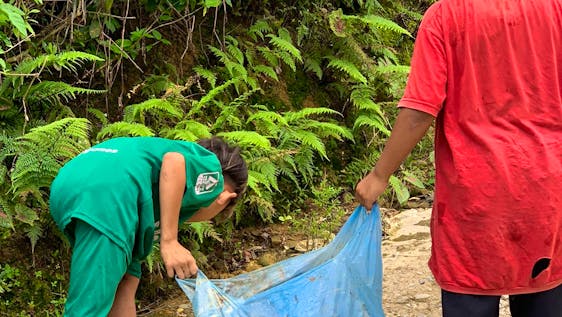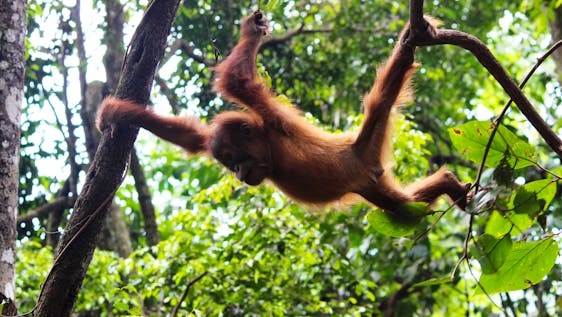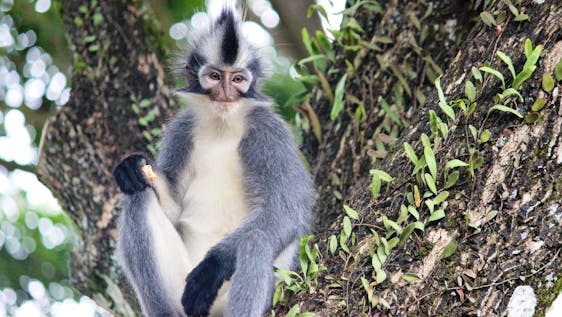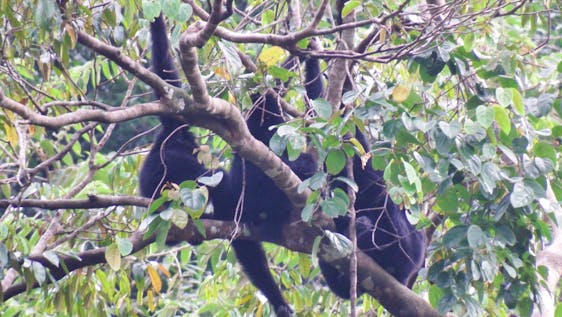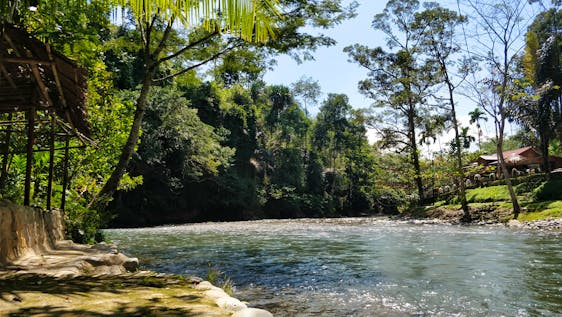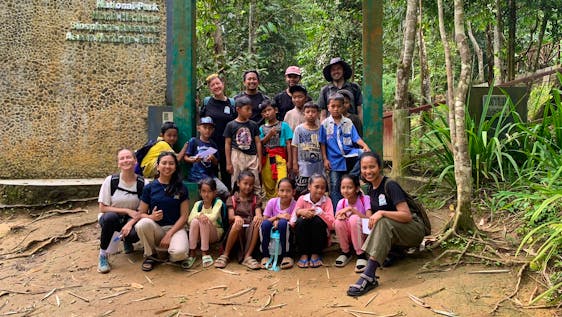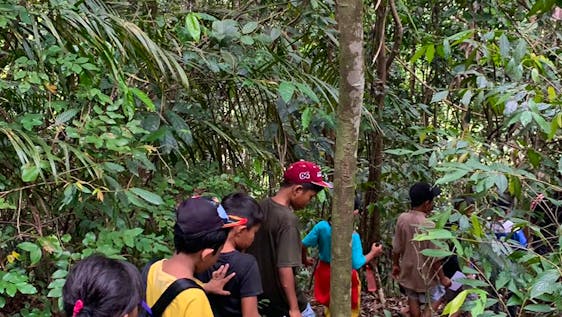Tiger Conservation Volunteering
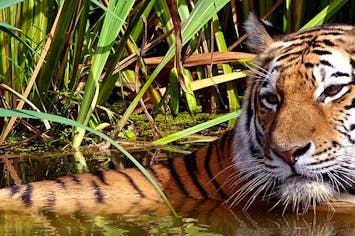

Volunteer work with Tigers
All wild tigers worldwide are now in danger of becoming extinct and thus need your help. From climate change to illegal, unregulated hunting, dedicated and sustained tiger conservation work is very much needed. Otherwise, these animals will not stand a chance of surviving in the long run. In particular, you will play a vital role in protecting tigers worldwide as a tiger conservation volunteer. If volunteering in tiger conservation is something that is of great interest to you, you should definitely read on. We are going to tell you what you can do to help save tigers worldwide. Learn just how you can get involved here. In case you are curious about what kind of tiger conservation voluntary work might await you, you can also learn more.
🐯 Tiger Conservation Status 2025
The total wild tiger population used to contain about 100,000 animals in Asia just 100 years ago. As of today, the current wild tiger population is equal to less than 3,200 wild tigers. Although these are mere estimates, a 93% decrease in Asia’s tiger population has taken place in the last 100 years or so. 40% of this decrease is estimated to have taken place within the last 40 years. This clearly shows how desperately wild tigers need your help.
These numbers should not just be cause for concern but might make you all the more eager about getting involved as a tiger conservation volunteer abroad. Please know that your voluntary work in Asia (mostly India and China) is definitely going to have an impact. In particular, these tiger species will benefit from your work as a volunteer in tiger conservation:
- Bengal Tiger
- Sumatran Tiger
- Amur Tiger
- South China Tiger
🐯 Why Are Tigers Endangered?
A combination of environmental and human factors play a huge role in the decrease of the tiger population. It's safe to say that humans are the tiger's greatest threat but let's take a closer look at what's going on:
Environmental Threats
Like most wild animals, pollution, global warming, and climate change is a great threat to tigers. As a prospective tiger conservation volunteer abroad, you should know just how global warming impacts tigers. In some regions, such as in India, tigers are losing their natural habitats due to coastal erosion. In other areas, fresh river water is starting to become more saline due to water from the ocean moving up rivers. In turn, this leads to a higher concentration of salt in the river waters that tigers drink. This is causing the tiger population to move to different areas, where there's a greater risk of conflict with humans. Once tigers become a danger to humans in these areas, they will likely be killed.
Human Threats
Black-market trade of tiger pelts continues to be a huge problem. Tigers are still being poached and hunted as trophies and as long as this practice continues, tigers will remain in danger of becoming extinct. Tigers are also killed for their body parts because they are believed to have medicinal properties. Tiger parts are used as part of various traditional medicines in Asia.
🌍 Best Places to Volunteer for Tiger Conservation
If you want to volunteer with tigers, you can choose from 3 different continents. There are programs available in:
- the US
- South Africa
- India
- Thailand
- Indonesia
Some of these volunteer programs are also focused on other wildlife so it's not always guaranteed that you will be working with tigers. It's a good idea to get in touch with the volunteer organization to get a better understanding of the likelihood of working with tigers during the time your will be volunteering.
🤔 Why Volunteer for Tiger Conservation?
As a tiger conservation volunteer, the goal is to help with anti-poaching as well as habitat-sustaining efforts to make sure that tigers do not become extinct anytime soon. As part of this kind of tiger conservation work, you might get to work with the local indigenous community or explore remote rainforests. You might even be part of a dedicated anti-poaching patrol team and work with local law enforcement. There are various pieces to the puzzle. Helping to spread awareness about the importance of habitat protection and the importance of tigers in the ecosystem will also create a huge impact.
📋 What Will I Do as a Tiger Conservation Volunteer?
While you might have high hopes of getting up close and personal with tigers during your time as a tiger conservation volunteer, this will not necessarily happen. Keep in mind that education and community outreach activities are just as important. After all, tiger conservation will only be successful if the local population does their part.
You will be asked to educate the local community members in regards to why tigers need saving and what they can do to protect these wild predators. Convincing people that they should not use tiger body parts for medicinal purposes might not be easy. Yet, doing so is key to tiger survival.
Some tiger conservation programs even provide a temporary home to orphaned or injured tigers. This type of tiger conservation volunteer work may require you to:
- feed the tigers
- clean their cages
- help vet treatments
- track and monitor the local tiger population
- data input
- fundraising
In turn, you will get to acquire new skills as a tiger conservation volunteer. If you plan on becoming a biologist yourself, these skills will prove to be particularly useful. Some of the tiger conservation activities that you will likely be engaged in are going to include tracking tigers via camera tracks. Not only will you learn how to set up and use these traps, but tigers are not the only animals that you will be tracking. Depending on the location of your tiger conservation program and the program specifications, tracking the following animals might be part of your job description, too:
- Sun Bears
- Tapirs
- Elephants
- Leopards
- Lions
📋 5 Benefits of Volunteering with Tigers
A Once in a Lifetime Opportunity
Seeing tiger roam wild in their natural habitat is a once-in-a-lifetime experience that you will never forget. That alone is reason enough for many people to pack their bags and volunteer abroad with tigers.
Learning
But apart from that, there are plenty of other reasons why this kind of volunteer work could be the right choice for you. If you are interested in studying biology or veterinary medicine, a volunteer program working with tigers will be a great fit. You will gain hands-on experience and get the first insight into the daily work of trained wildlife experts and biologists, which will certainly come in handy at a later point in your career.
Boost Future Career Opportunities
Being able to list this kind of work experience on your resume is another bonus, even if you are not planning on pursuing a career in this field. It shows that you are capable of physically hard and hands-on work and that you are motivated to volunteer your free-time to a meaningful cause.
Improve Language / Communication Skills
You will improve your language skills whilst working on site as the main language spoken is English. Immersing yourself in a foreign culture and living abroad will definitely make you grow as a person and give you a different perspective.
Having Fun and Meeting New People
And let’s not forget that the time you spend as a big cat or tiger conservation volunteer will also be incredibly fun! You will get to enjoy all the perks of living in nature, seeing wild animals up close, and facing new challenges. The best part is that you will be surrounded by like-minded individuals that share your passion for lions and wildlife conservation. After working and living together for a while, these people might even become your close friends!
 Activities
Activities
 Elephant Conservation
Elephant Conservation
 Rhino Conservation
Rhino Conservation
 Wildlife Conservation
Wildlife Conservation
 Animal
Animal
 Leopard Conservation
Leopard Conservation
 African Leopard
African Leopard
 Africa
Africa
 South Africa
South Africa
 Southern Africa
Southern Africa
 Lion Conservation
Lion Conservation
 Southwest African Lion
Southwest African Lion
 Bengal Tiger
Bengal Tiger
 Anti Poaching
Anti Poaching
 Giraffe Conservation
Giraffe Conservation
 Bush Elephant
Bush Elephant
 African Elephant
African Elephant
 White Rhino
White Rhino
 Planting Trees
Planting Trees
 Jackal Conservation
Jackal Conservation
 Animal Sanctuary
Animal Sanctuary
 Caracal
Caracal
 Caracal Conservation
Caracal Conservation
 Monkey Conservation
Monkey Conservation
 Hotspots
Hotspots
 Mexican Jaguar
Mexican Jaguar
 Florida
Florida
 Americas
Americas
 Ostrich
Ostrich
 Giant Tortoise
Giant Tortoise
 Tortoise Conservation
Tortoise Conservation
 Lemur
Lemur
 United States Of America
United States Of America
 North America
North America
 Vegan
Vegan
 South African Cheetah
South African Cheetah
 Side-striped Jackal
Side-striped Jackal
 Amur Tiger
Amur Tiger
 Golden Jackal
Golden Jackal
 Cheetah Conservation
Cheetah Conservation
 Animal Shelter
Animal Shelter
 Asia
Asia
 Bear Conservation
Bear Conservation
 Gibbon
Gibbon
 South East Asia
South East Asia
 Civet
Civet
 Crocodile
Crocodile
 Thailand
Thailand
 Macaque
Macaque
 Leopard Cat
Leopard Cat
 Otter Conservation
Otter Conservation
 Reptile Conservation
Reptile Conservation
 Cats
Cats
 Dog
Dog
 Giant Otter
Giant Otter
 Volunteer and Travel
Volunteer and Travel
 Southern Asia
Southern Asia
 Voluntourism
Voluntourism
 India
India
 Indian Elephant
Indian Elephant
 Sloth Bear
Sloth Bear
 Delhi
Delhi
 Indian Leopard
Indian Leopard
 Orangutan
Orangutan
 Great Apes Conservation
Great Apes Conservation
 Indonesia
Indonesia
 Sumatra
Sumatra
